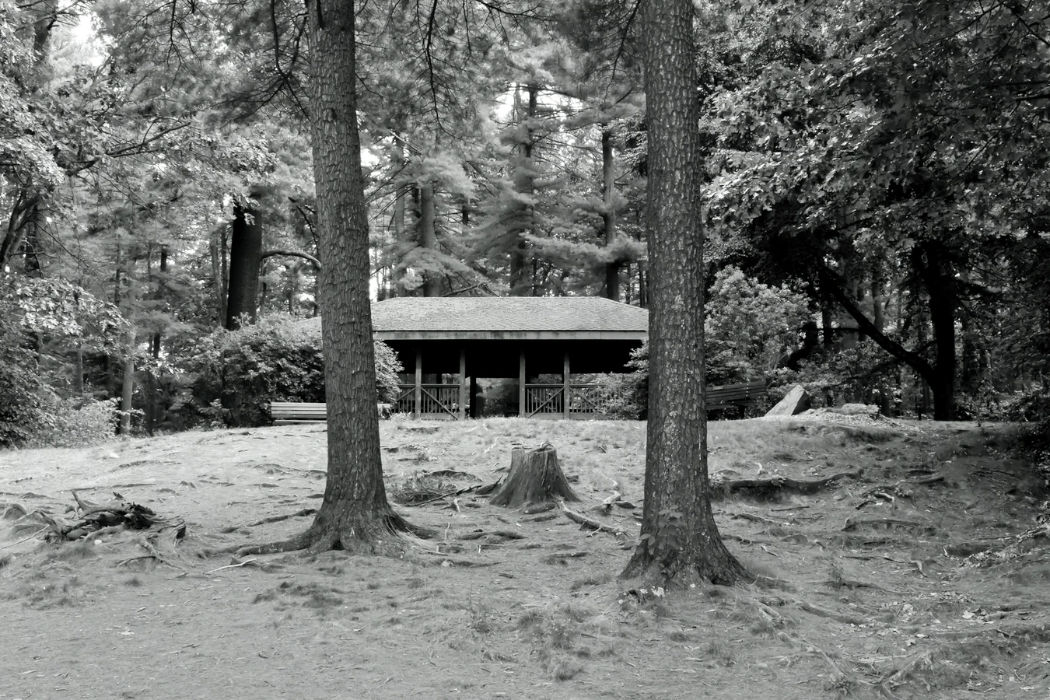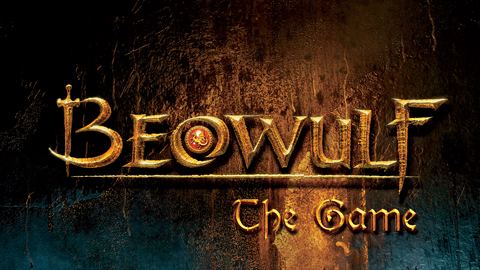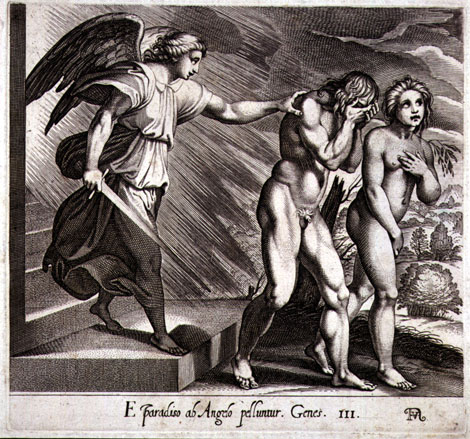Lewis Carroll was an English writer, mathematician, logician, Anglican deacon, and photographer. His most famous writings are Alice’s Adventures in Wonderland, its sequel Through the Looking-Glass, which includes the poem “Jabberwocky”, and the poem The Hunting of the Snark, all examples of the genre of literary nonsense. He is noted for his facility at word play, logic, and fantasy. There are societies in many parts of the world dedicated to the enjoyment and promotion of his works and the investigation of his life. In this post we have attempted You are old father William analysis. For the sake of simplicity, we have divided the analysis into four parts – context, rhyme scheme, nonsense poetry, and parody.
You Are Old Father William Analysis by Lewis Carroll
Context: ‘You Are Old, Father William’ appears in Carroll’s most famous book Alice’s Adventures in Wonderland, which was published in the year 1865. It is recited by Alice in Chapter 5 of the book, entitled ‘Advice from a Caterpillar’. Here Alice informs the caterpillar that she has previously tried to repeat “How Doth the Little Busy Bee” and has had it all come wrong as “How Doth the Little Crocodile“. The caterpillar asks her to repeat “You are old, Father William” to practice her skills of recitation (considered vital for a young girl to be good at in the Victorian era) so that she doesn’t make that mistake again, and she recites it.
You Are Old Father William Rhyme Scheme: This part of the poem analysis focuses on the rather simple rhyme scheme followed by Carroll in each of the eight stanzas of ‘You Are Old, Father William’ – ABAB. The fact that he followed such a sing-song rhyme scheme further attests to the fact that his writings were meant for the enjoyment of children.
Nonsense Poetry: This part of the poem explanation focuses on how ‘The Walrus and the Carpenter’ can aptly be called a nonsense poem. Carroll is often referred to as the pioneer of nonsense poetry. The genre in fact originated with the poems Carroll composed as part of both Alice’s Adventures in Wonderland and its sequel, Through the Looking-glass and What Alice Found There. In nonsense poetry, the situations that are described are absurd and impossible, yet their contemplation is what accounts for the pleasure of readers in reading that poem.
In ‘You Are Old, Father William’, the actions that Father William performs seem unbelievable and improbable for a man whose hair has gone grey. It is hardly possible that such a man would be able to stand on his head or turn a somersault. What is even more absurd is that Father William can eat even the beak of a duck. And why would anyone balance an eel on his nose – these are questions that we ask constantly as we read the poem. Yet no logical explanation can ever be provided for them. That Father William has supposedly got strong teeth because he has had to argue for hours with his wife over legal cases is also not rationally defensible. Yet this is exactly the response nonsense poetry aims at eliciting. It aims to tell us that the world is a strange place, and only using logic will not get us very far in understanding its every aspect.
Parody in You Are Old Father William: This part of the poem explanation focuses on how ‘You Are Old, Father William’ is a parody of ‘The Old Man’s Comforts and How He Gained Them’ by the Romantic poet Robert Southey. A parody is used to mock, or make fun of, something. Southey’s poem was well known to Carroll’s target audience, and it was a didactic in nature. There an old man teaches a young man not to take his youth for granted (the same way he himself has not done so), for youth will not last long. That is why young men must not abuse their health and vigour, says the old man. Young men should also live to the fullest extent so that they may never have regrets for the things they have not done in the past. Finally, young men should remember God so that God may remember them when they grow old.
Carroll duplicates these two characters and the mode of their conversation (patterned as questions and answers appearing in alternate order) in ‘You Are Old, Father William’. However, the Father William of Carroll’s poem does not give the young man any advice worth taking. Moreover, by consciously capitalising the ‘f’ in ‘father’, Carroll seems to be making a point bout Christianity. If a priest of the church can engage in such foolish activities as are described in the poem, surely Christianity itself is a foolish enterprise to begin with. As a man of the Victorian era, this parodying and ridiculing of organized religion is hardly surprising in Carroll, for this was an age in which the spread of science had caused many to become sceptical of faith. Click here to read the summary of You are old father, William.
Keywords: You Are Old Father William analysis (1.4), Lewis Carroll, Lewis Carroll poems, meaning of you are old father William, poem analysis, You Are Old Father William context, You Are Old Father William rhyme scheme, when you are old analysis (2.4), when you are old yeats analysis (2.2), when you are old poem analysis (2.8), You Are Old Father William Summary by Lewis Carroll (5.4), yeats hen you are old analysis (2.1)
Some online learning platforms provide certifications, while others are designed to simply grow your skills in your personal and professional life. Including Masterclass and Coursera, here are our recommendations for the best online learning platforms you can sign up for today.
The 7 Best Online Learning Platforms of 2022
- Best Overall: Coursera
- Best for Niche Topics: Udemy
- Best for Creative Fields: Skillshare
- Best for Celebrity Lessons: MasterClass
- Best for STEM: EdX
- Best for Career Building: Udacity
- Best for Data Learning: Pluralsight















